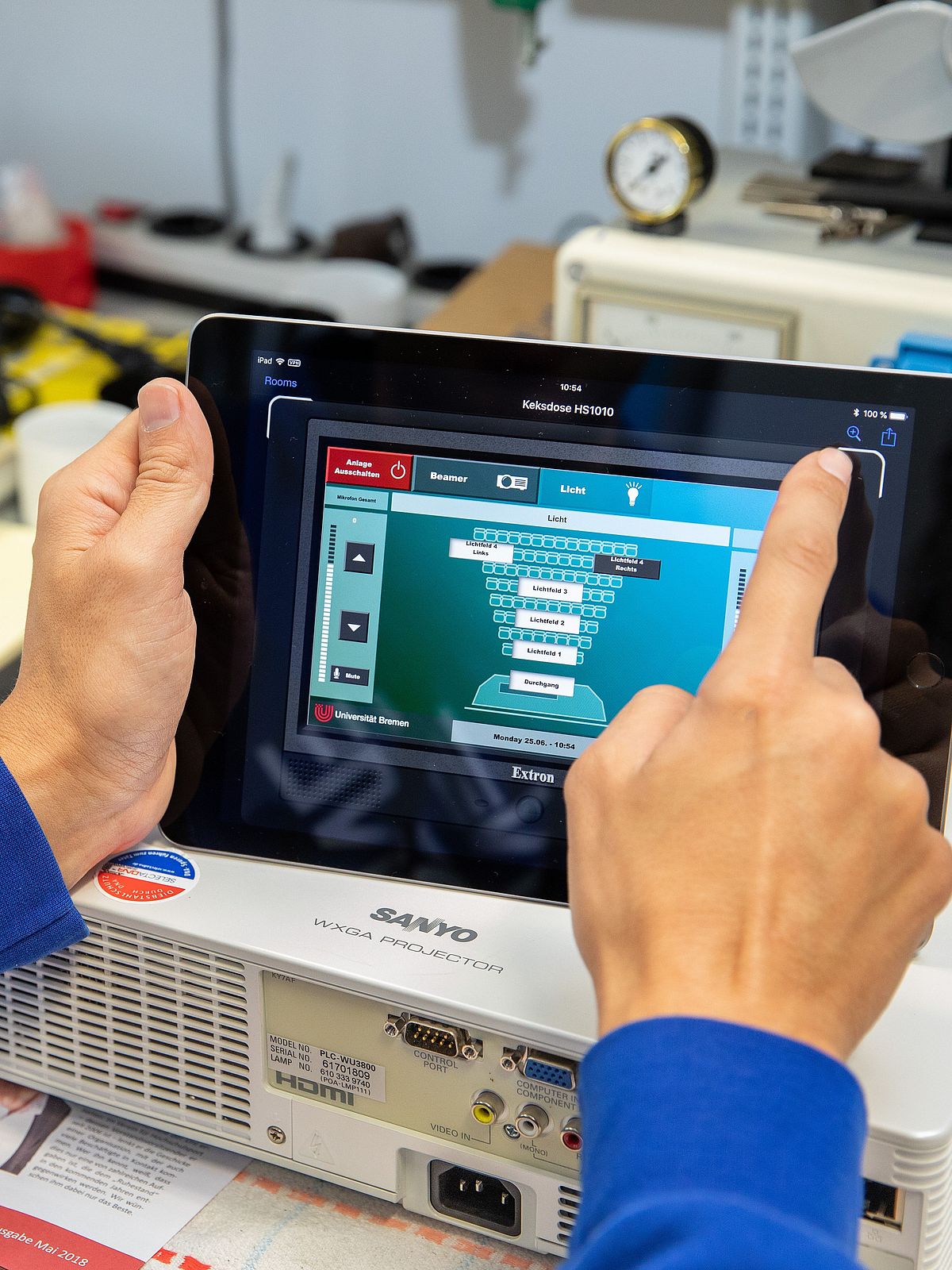Should organizations be concerned about investing in work-based learning for their employees? Do they increase internal employability or external employability, which makes employees attractive to competitors on the labor market? Dr. Julian Decius, Dr. Michael Knappstein (ISM Dortmund) and Dr. Katharina Klug (University of Bremen) investigated this research question. According to their publication in the European Journal of Work and Organizational Psychology (IF = 4.867), the answer is: it depends on the form of learning. Informal learning seems to promote internal employability, but self-regulated learning promotes external employability. Formal training contributes surprisingly little to employability. The results can be found here.
Field of work Organizational Psychology

© Lukas Klose
Dr. Julian Decius
Contact:
WiWi1, Room A2390
Enrique-Schmidt-Str. 1
28359 Bremen
Phone: +49 421 218 66590
E-mail:
julian.deciusprotect me ?!uni-bremenprotect me ?!.de

© Alasdair Jardine/Universität Bremen
New Work requires New Learning
This topic is dedicated to the question of how employees in dynamic work environments can be empowered to learn "what they really, really want" in a self-directed way. The "Learning Opportunities Perception Potential", which helps employees to grasp learning opportunities, is considered crucial here.






